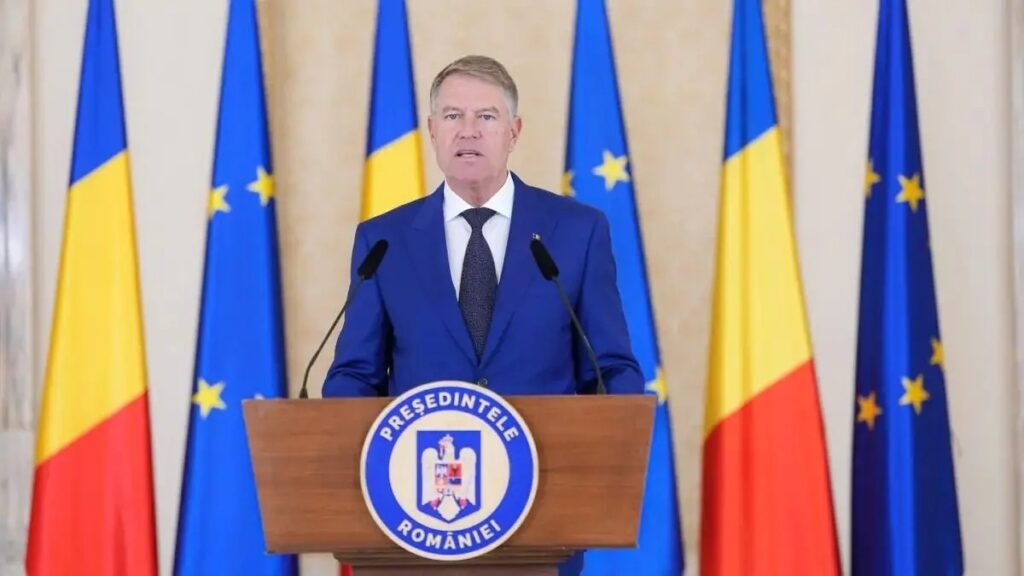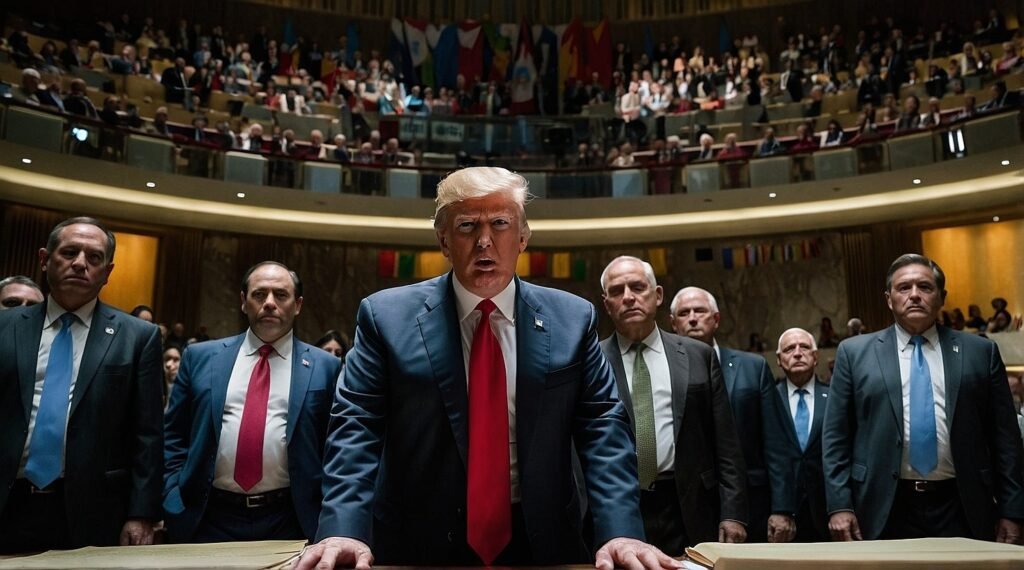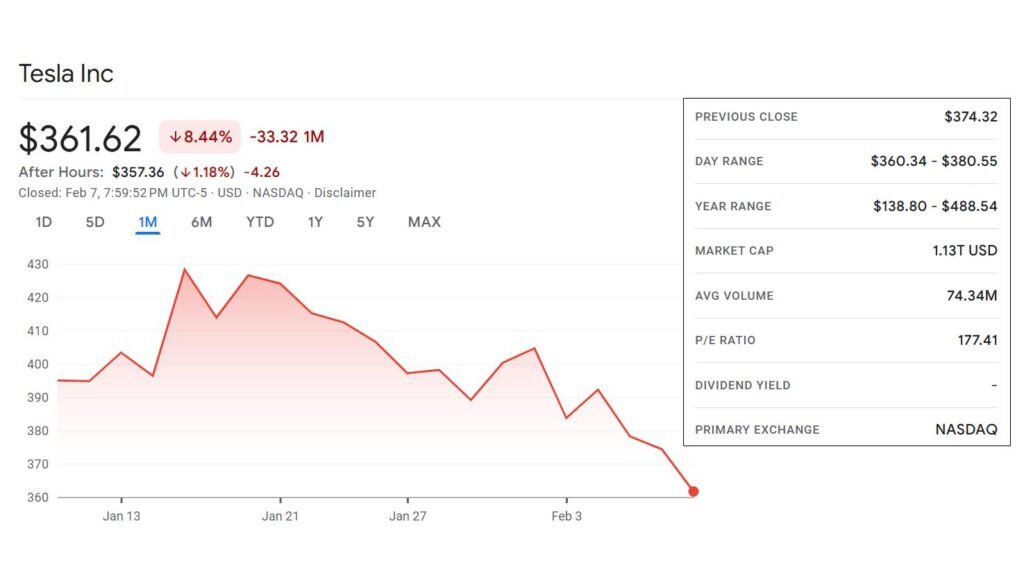|
Getting your Trinity Audio player ready...
|
February 10, 2025 – Bucharest, Romania
In an unprecedented move, Romanian President Klaus Iohannis announced his resignation on February 10, 2025. The resignation follows the annulment of the 2024 presidential election, which was marred by allegations of foreign interference, electoral fraud, and political instability. His departure also comes in response to mounting pressure from extremist factions attempting a coup d’état, further destabilizing the political landscape.
A Presidency Undone by Political and Geopolitical Pressures
The sudden departure of Iohannis comes as Romania faces one of its most serious political crises since joining the European Union. The 2024 presidential election was annulled by the Constitutional Court after substantial evidence emerged of external interference—primarily linked to disinformation campaigns attributed to Russian-backed entities. These developments led to a constitutional standoff between the executive and legislative branches of the government, as well as within Romania’s security apparatus.
At the same time, extremist political factions, emboldened by the crisis, attempted to seize power through an unauthorized coup d’état. Security forces successfully dismantled the effort, but the attempted takeover highlighted the growing risk of radical movements exploiting the chaos for political gain.
With pro-democratic parties pressuring Iohannis to declassify key intelligence documents regarding foreign meddling, the president reportedly found himself unable to do so due to personal barriers. As tensions mounted, his choices narrowed: either face suspension by Parliament or step down voluntarily. Ultimately, he opted for the latter, paving the way for the transition of power to interim President Ilie Bolojan.
Security Threats and the Need for Transparency
The inability to declassify crucial security files linked to the failed 2024 election became a major point of contention. Intelligence sources suggest that these documents contain sensitive information regarding the extent of foreign cyber operations, funding of extremist political factions, and the infiltration of Romanian state institutions. The political gridlock in declassifying these materials raised alarm bells among Romania’s NATO allies, who expressed concerns over the country’s vulnerability to external aggression.
The resignation of Iohannis now enables Bolojan, as interim president, to take decisive action. His primary tasks include declassifying these security files, implementing countermeasures against foreign interference, and reassuring Romania’s Western partners of the country’s stability and democratic resilience.
Regional Implications and Romania’s Future Path
Romania’s internal crisis does not exist in isolation. The broader geopolitical climate in Eastern Europe remains tense, particularly with the ongoing conflict in Ukraine and heightened Russian activity in Moldova and the Balkans. The power vacuum left by Iohannis’ resignation raises critical questions about Romania’s ability to defend itself against hybrid threats, particularly cyber warfare, energy security disruptions, and disinformation campaigns aimed at undermining the democratic process.
For the European Union and NATO, Romania’s current instability underscores the urgency of reinforcing regional security frameworks. International observers have urged Bucharest to act swiftly in stabilizing its political institutions and ensuring the continuity of democratic governance. Meanwhile, the interim administration under Bolojan is expected to work closely with intelligence agencies and allied governments to fortify Romania’s national security.
What Comes Next?
As Romania navigates this precarious moment, all eyes are on Bolojan and the country’s pro-democratic forces. Will they succeed in unveiling the truth behind the annulled election? Can Romania safeguard itself from further external interference? These pressing questions will shape the country’s trajectory in the coming months.
We will continue to provide in-depth analysis on this developing situation. Stay updated by checking in with us daily, and feel free to leave a comment below with your thoughts on the implications of President Iohannis’ resignation.










